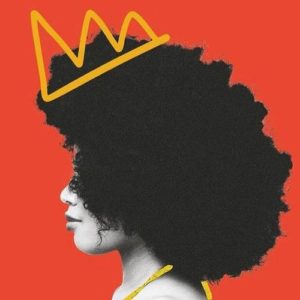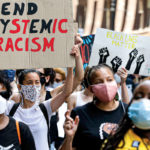I think we are all familiar with critical race theory. Maybe we are not all aware of what it entails, but nearly all of us know the name. As of recently, it is really getting a bad rep. This is typically due to ignorant parents, politicians, and educators demanding that we stop “creating divides between our children, discussing race too early, and making white children feel guilty.” So, I figured it would be great to discount this argument once and for all.
We have always lived in an incredibly race conscious and bias world. There is no arguing that. This exists whether we discuss it or not. However, whether or not it persists, is dependent upon said discussions. And while this is something that people of color face every day, regardless of age, whiteness acts as a shield.
This shield “protects” white people from the realities of the oppression whiteness built. And this is why so many parents, educators, and politicians are so strongly opposed to it. Not only does critical race theory remove the shield, but reminds white people that these are their problems, too.
Unfortunately, people of color are not granted this grace. Instead, we are reminded every day of our race and the ways in which it dictates how we are treated, perceived, and move through the world. And this begins from the moment we are born. In fact, generational trauma is a thing and can impact pregnancies. So, realistically, people do not care about children having to face conversations about race, but care about WHITE children having these discussions.
This reality is then disguised by empty concerns around divisive learning. Here is the thing, this curriculum is not divisive, it is honest. It is an accurate account of institutional racism and the ways in which it is still very much a reality. And yes, this is because of the systems that whiteness and white supremacy built. And yes, white children benefit from and perpetuate these systems.
Realistically, guilt may be apart of this problem. And that is okay. It can inspire us to do better. What is not okay is prioritizing white discomfort over the lives of people of color. Being more concerned with whether or not your child feels guilty rather than police brutality, prejudice justice systems, and more is selfish.
Still, with all this being said, this work is not intended to shame anyone. In fact, it is designed to bridge gaps. It means we equip them with knowledge and tools necessary to address and dismantle oppressive systems. It means we choose knowledge over ignorance. It means we recognize that Black history is American history.


